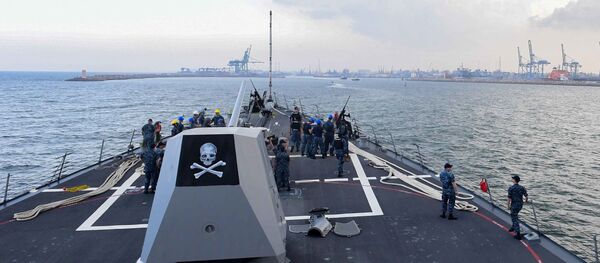Joint energy projects between Russia and China are in full swing as Russia has reached out to tackle the gigantic Chinese market amid economic woes.
Built by the two biggest oil producers in China and Russia, China National Petroleum Corp and Rosneft, respectively, the 940-kilometer pipeline from Mohe to Daqing, both in Heilongjiang, will have an annual capacity of 15 million tons.
The first oil pipeline of the China-Russia crude oil pipeline project, from Skovorodino to Mohe, moved 100 million tons of oil from Russia to China between 2011 and May 19 this year, according to Russian media.
"The around-the-clock pipeline will be the fastest and most convenient method for oil transportation from Russia to China," Zhang Hong, a research fellow at the Chinese Academy of Social Sciences, told the Global Times on Thursday.
"The China-Russia crude oil pipeline project will make Sino-Russia oil trade more stable and regular," Lin Boqiang, dean of the China Institute for Studies in Energy Policy at Xiamen University, told the Global Time on Thursday.
The rapid progress of the two oil pipelines is an example of how Russia, a good user of energy leverage, has been more active in seeking energy business operation with China.
Lin said that in the past, Russia was a hard nut to crack in business cooperation based on his own experience and what he learned from other industry insiders.
"It was hard to strike a bargain with them. But in the past few years they have grown more amicable businesswise," he noted, adding that the country's economic downturn had prompted Russia to be more active in exporting oil.
"Besides, currently many countries are studying new energy to replace hydrocarbons, so actually the world's reliance upon oil is decreasing. That's why Russia is speeding up selling oil — because it has sensed the market pressure," Zhang noted.
According to Zhang, importing oil from Russia also has great benefits for China because first, diversifying oil import sources can reduce the risks of regional politics on domestic economic security. Second, in terms of geography, importing oil from Russia is more convenient than getting it from distant sources like Saudi Arabia.
"It's unlikely that China can build an oil pipeline with Saudi Arabia like the one it has developed with Russia," Lin noted.
But he stressed that so far Saudi Arabia is still China's biggest oil importer and this position is unlikely to be replaced by Russia in the short term.
"Overall, China needs to import oil as our oil reserves are becoming a little depleted, and it costs much less to import oil than producing our own," Zhang said.
According to Lin, China imports about 65 percent of its oil.
"I think the proportion is going to rise to 80 percent very soon," he said.
A statement sent by Rosneft to the Global Times earlier stressed that the company's cooperation in energy with Chinese partners "covers all business domains, from upstream to refining and petrochemical production."
The statement also listed several of those projects, including a refinery project in North China's Tianjin Municipality and a joint venture it established with the China Petrochemical Corp for the production of hydrocarbons.
This article originally appeared in the Global Times.



